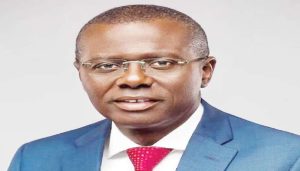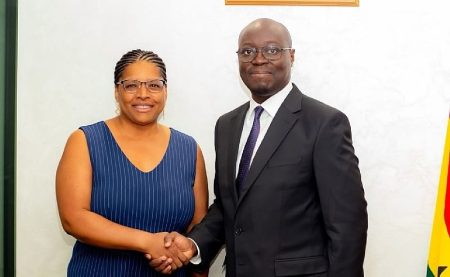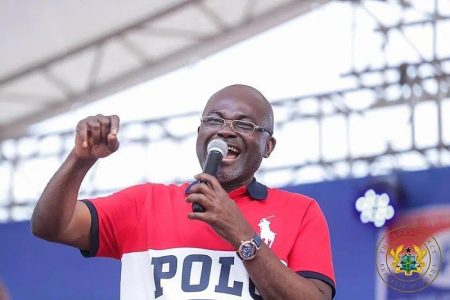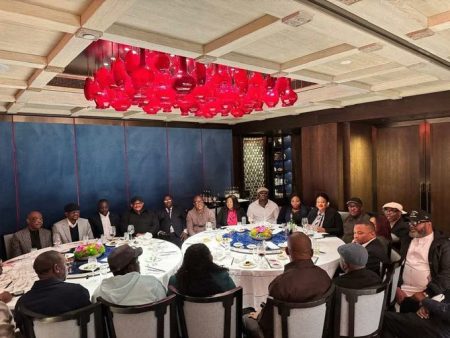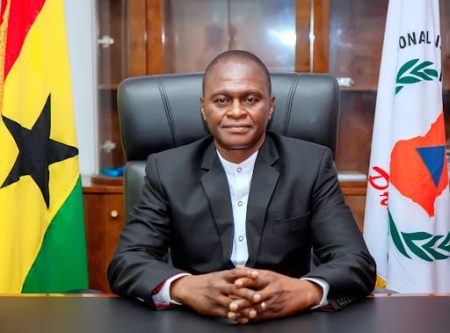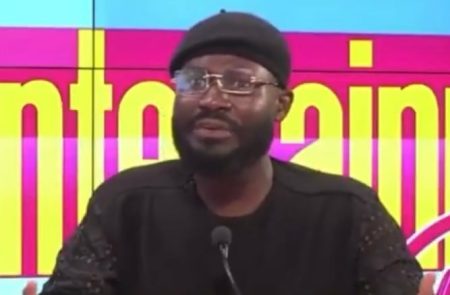The National Democratic Congress (NDC), even while holding the reins of government, is showcasing an exemplary model of opposition conduct, according to Lawyer Hamza Suhuyini, a prominent member of the NDC Communications Team. He argues that this standard is being inadvertently highlighted by the flawed attempts of some New Patriotic Party (NPP) parliamentarians to emulate the investigative prowess of North Tongu MP, Samuel Okudzeto Ablakwa. Suhuyini points to MPs like Rev. Ntim Fordjour (Assin South) and Vincent Ekow Assifuah (Old Tafo) as examples of this misguided emulation, suggesting their efforts fall short due to a fundamental misunderstanding of Ablakwa’s approach. He contends that these NPP MPs mistakenly believe that mere press conferences based on scant or dubious information can replicate Ablakwa’s impact, failing to grasp the depth and rigor that underpin his investigative work. Suhuyini advises these younger parliamentarians to adopt a more humble approach and learn from Ablakwa’s meticulous methods rather than resorting to superficial imitations.
Suhuyini emphasizes the meticulous nature of Ablakwa’s investigations during his time in opposition, highlighting the thoroughness with which he gathered evidence before making any public pronouncements. Ablakwa’s approach, he argues, was characterized by a commitment to due diligence and a responsible dissemination of information. This meticulousness manifested in Ablakwa’s practice of formally requesting information from relevant state agencies, ensuring his claims were substantiated by verifiable data and official responses. This structured approach, according to Suhuyini, distinguished Ablakwa’s exposés from mere political posturing and established him as a credible voice of accountability. Suhuyini contrasts this with what he perceives as the more hasty and less substantiated pronouncements of some NPP MPs, emphasizing the importance of thorough investigation and responsible communication in holding power to account.
The core of Suhuyini’s argument rests on the distinction between genuine investigative work and what he perceives as politically motivated, superficial imitations. He suggests that while some NPP MPs may be attempting to project an image of vigilance and accountability, they lack the foundational groundwork that characterized Ablakwa’s approach. The key differentiator, according to Suhuyini, lies in the depth of research, the verification of information, and the responsible handling of sensitive matters. He implies that simply holding press conferences and making allegations without the backing of solid evidence not only undermines the credibility of the individual making the claims but also trivializes the important function of holding power accountable.
Furthermore, Suhuyini’s comments underscore a subtle critique of the political landscape, suggesting a tendency towards superficiality and a prioritization of political point-scoring over genuine investigative journalism. He argues that true accountability requires a commitment to rigorous research, a respect for due process, and a responsible approach to disseminating information. This meticulousness, he suggests, is what separates genuine efforts to uncover wrongdoing from politically motivated attacks aimed at scoring points rather than revealing truth. The contrast he draws between Ablakwa’s methods and those he attributes to certain NPP MPs serves to highlight the importance of substance over style in the pursuit of accountability.
Suhuyini’s assertion that the NDC is setting the standard for opposition conduct, even while in government, carries a certain irony. It implies that the current opposition is not effectively fulfilling its role, and the NDC, by virtue of its meticulous approach to exposing alleged wrongdoing, is demonstrating how a responsible opposition should operate. This claim further emphasizes the importance of Ablakwa’s investigative model, presenting it as a benchmark for effective opposition work. It also suggests a subtle criticism of the NPP’s approach, implying a lack of depth and rigor in their attempts to hold the government accountable.
In conclusion, Suhuyini’s comments highlight the importance of meticulousness, thoroughness, and responsible communication in holding power accountable. He uses Ablakwa’s approach as a positive example, contrasting it with what he views as less effective attempts by some NPP MPs. His statements underscore the need for substantive investigative work backed by credible evidence, suggesting that superficial imitations not only fall short but also undermine the crucial role of a vigilant opposition in a democratic society. He ultimately argues that genuine accountability requires a commitment to truth-seeking and responsible reporting, rather than simply aiming for political point-scoring.


